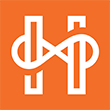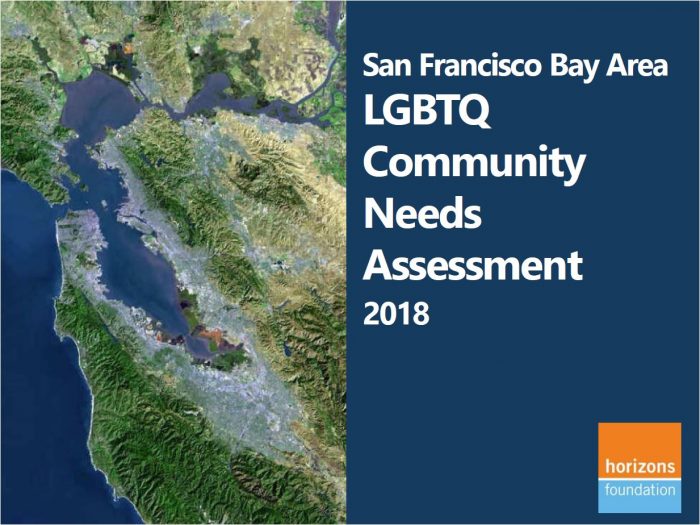Although the SF Bay Area has a reputation as a welcoming place, many in our broad and diverse LGBTQ community face significant obstacles to participating fully and freely in society and to accessing programs and services to meet fundamental needs.
Our SF Bay Area LGBTQ Community Needs Assessment investigated gaps between needs and available services in the Bay Area LGBTQ community, uncovering barriers that prevent community members from accessing needed services. The study also probed deeply into difference in experience across factors like sexual orientation and gender identity as well as intersectional factors such as race, ethnicity, age, income, ability, and geography.
The Needs Assessment examined critical areas of need like safety; economic and housing security; medical and mental health care; drug and alcohol recovery; legal assistance; community connection and social life; and civic engagement. Explore some of our key findings below.
Over 1,400 LGBTQ people from all nine counties of the SF Bay Area took the survey.
LGBTQ respondents were more likely to have greater unmet basic needs and be unable to access needed services if they:

Have an income of less than $60,000 per year

Do not have a Bachelor's degree or higher educational attainment
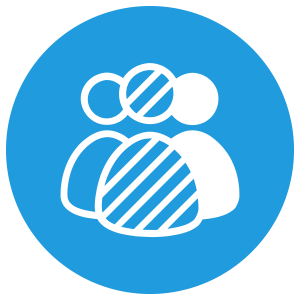
Are People of Color
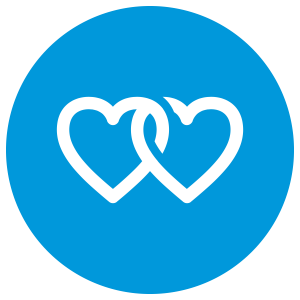
Are bisexual
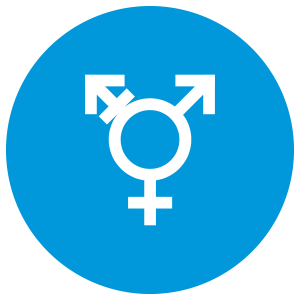
Are transgender Men or Transgender women

Are Nonbinary or genderqueer
Are Younger than 25
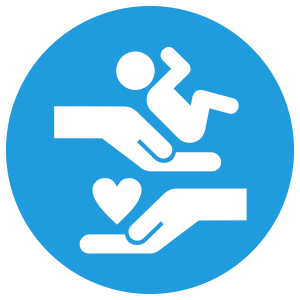
Ever Lived in foster care
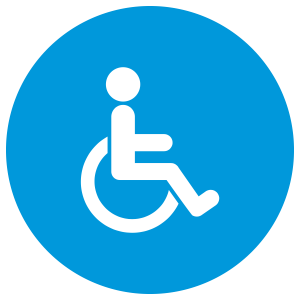
Have a disability
Many respondents reported feeling unsafe where they lived and worked.
Some respondents reported not having a place to sleep in the past year.
Food insecurity is widespread in the Bay Area LGBTQ community.
1 in 3 respondents did not get their mental health service needs met in the past year.
LGBTQ community events often don't meet respondents' identity-related needs.
Note on statistical significance: Data included in the infographics and report has a statistical significance of p < 0.05. Whenever possible, additional analysis by intersectional factors was done, although this was not always possible given some of the limitations associated with the sample size.
Areas for further study: There is a need for follow-up studies focused on intersections of the LGBTQ community such as race/ethnicity, income, immigration status, disability, and age, to name a few. Horizons hopes to fund work to better understand the specific needs of underserved and underrepresented segments of the LGBTQ community.